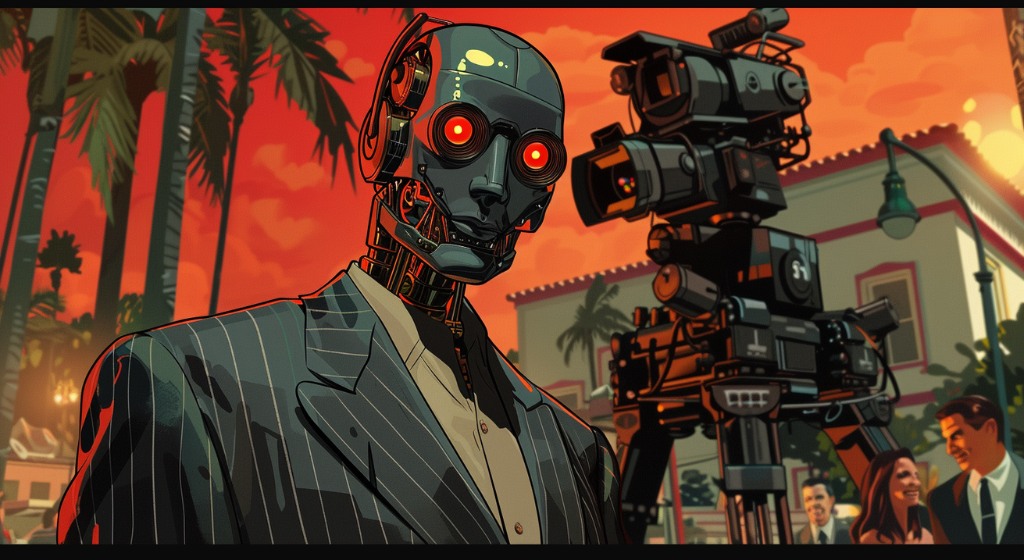
A January survey of 300 entertainment industry leaders revealed that three-fourths believe AI tools are leading to job elimination, reduction, or consolidation, with an estimated 204,000 positions projected to be adversely affected over the next three years. (Source: Image by RR)
Creative Industries Grapple with the Rise of AI in Replacing Hollywood Professionals
Hollywood has already begun integrating AI into various aspects of film production, despite labor actions and public reluctance to admit its usage. Films like “Late Night With the Devil” and A24’s “Civil War” have sparked controversy due to their use of AI-generated graphics, leading to backlash from fans who fear the technology’s implications for creative jobs. As noted in hollywoodreporter.com, directors Cameron and Colin Cairnes defended their minimal use of AI in “Late Night,” but the controversy highlights a growing trend of AI adoption in Hollywood, often done quietly to avoid public and industry pushback.
Industry insiders reveal that AI is being used across many production roles, from writers’ rooms to visual effects (VFX) departments, as it provides a competitive edge. David Stripinis, a VFX veteran, and David Defendi, a French screenwriter, acknowledge that while AI is a useful tool, many professionals hesitate to publicly disclose their use due to potential backlash from artists who fear job displacement. This concern is exacerbated by instances where AI has been used for tasks that could have easily been handled by human artists, raising questions about the future of employment in Hollywood.
The threat of AI extends beyond graphics, with its potential to disrupt sectors like dubbing and subtitling, which are already facing extinction in Europe due to AI’s ability to produce high-quality, lip-synced dubs. Some filmmakers are even using AI to create deepfake actors for supporting roles, suggesting a future where only lead actors are required on set. This shift has prompted concerns about the long-term impact on jobs in the entertainment industry, with a study predicting that nearly 204,000 positions could be adversely affected over the next three years.
Despite the challenges, some see AI as an opportunity to enhance creativity and streamline production. VFX artists are beginning to incorporate AI into their workflows, training open-source models on their own work to avoid legal issues related to copyright. Industry leaders like Motion Picture Association CEO Charles Rivkin argue that with proper guardrails and copyright protections, AI can be a tool for unlocking new creative possibilities and generating jobs. The debate continues as Hollywood navigates the integration of AI while addressing ethical, legal and employment concerns.
read more at hollywoodreporter.com

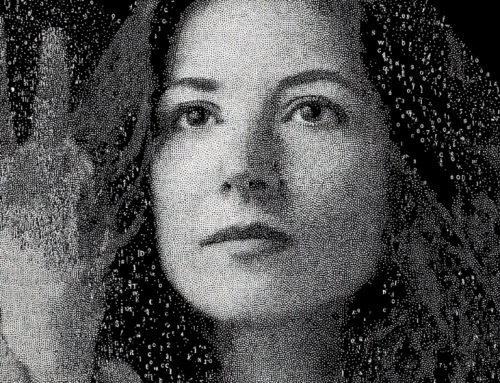
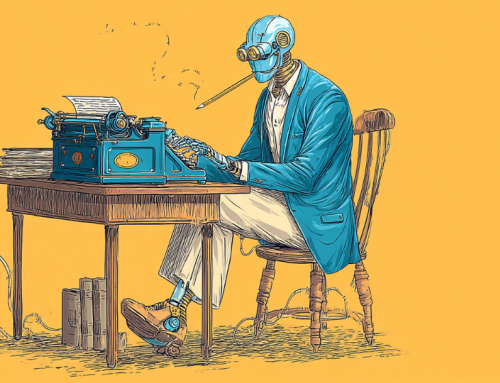
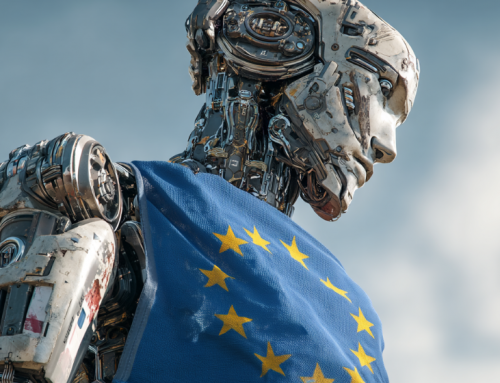
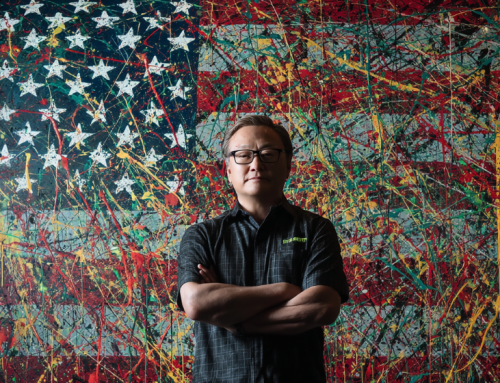
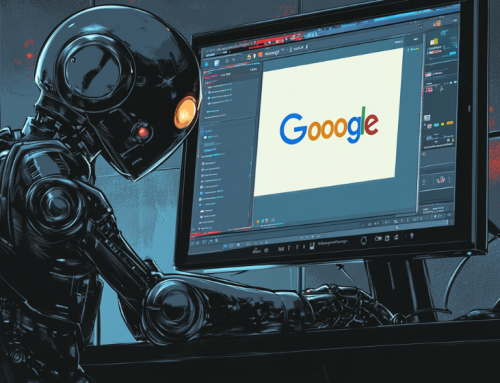

Leave A Comment